Friday, 10 May 2024
Menu
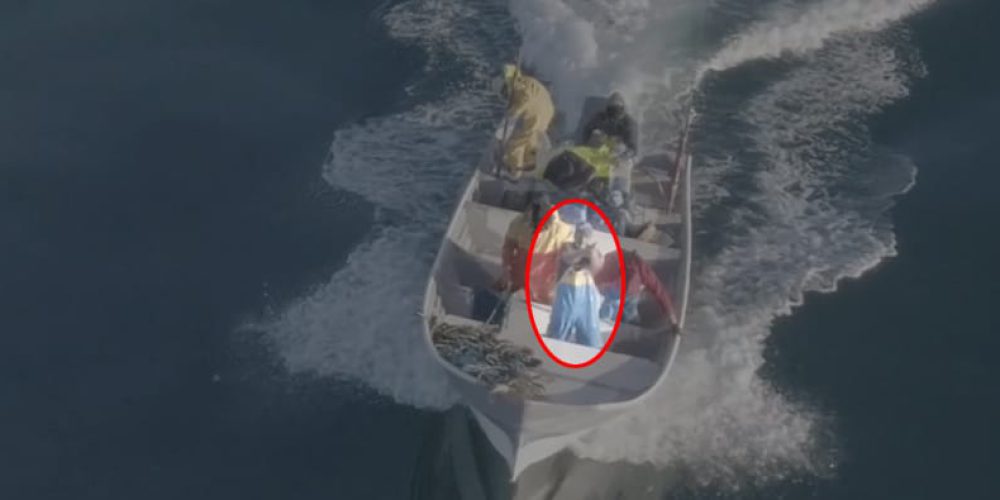
Fortunately, this time the shots proved to be missed and the combined forces of Sea Shepherd and the Mexican Navy dealt with the poachers. It is worth mentioning that this time the whole incident took place in the light of day. In addition, the members of the association managed to rescue a fish from the endangered totoaba species that had been caught in the poachers’ nets.
The earlier confrontation, which resulted in the Sea Shepherd drone being shot down, occurred on Christmas evening. A vessel on patrol was using a night vision camera mounted on the drone to get a closer look at the suspect vessel. A short while later, the crew of the boat being watched opened fire with their guns towards the device. We have written more about this incident here.
The second confrontation took place on 30 December 2017. The M/V “John Paul DeJoria”, which was on patrol, was combing the northern Gulf of California in search of poachers and gillnets targeting California porpoise and totoaba fish. At 3.30pm the crew tracked a small, fast boat, characteristic of poachers.
Through binoculars, it was possible to see the crew of a vessel 1 Mm away, pulling in a net. At this point a drone is dispatched from Sea Shepherd to dispel any doubts about the suspect boat. Moments later, the crew is now 100% sure that they have tracked down the poachers, who are currently pulling out a gillnet to catch vaquita porpoises and totoaba fish.
Perfectly visible in the cloudless sky, the drone became a target for one of the poachers, who opened fire with a small weapon in its direction. Jack Hutton, who was driving the device, decided not to risk losing another machine and moved away after recording footage of the net being pulled out and 6 shots being fired at the drone.
At the same time, Captain Benoit Sandjian notified the Mexican Navy of the situation. After arriving on the scene and checking that no one was hurt, the pursuit of the poachers began.
Parallel to the ongoing pursuit, the crew of the M/V “John Paul DeJoria” checked the location where the poaching vessel had stopped briefly. After a thorough check, a gill net was found with a totoaba fish fighting for life. Within an hour, the net was neutralized and the fish was returned to freedom.
Due to these events, Sea Shepherd is increasing its forces in the Gulf of California and will soon have three vessels in the area, supported by the Mexican Navy.
Poachers have targeted the perch-shaped totoaba for its swim bladder, which is an extremely highly prized delicacy in Hong Kong and southern China. The prices it fetches have given it the slang name ‘water cocaine’. On the black market 1 kg of fish from which swim bladders are obtained can reach a dizzying price of 33 000 PLN!
The California porpoise, popularly known as the ‘fudge’, is the incidental prey here. Totoaba are caught using gill nets, so-called drift nets, in which porpoises also become entangled. The situation for these mammals is dramatic. A species discovered only in 1958, it will probably become extinct in 2018 if nothing changes. Its population has declined drastically in recent years and is now down to just 60 individuals.
Through drone work, Sea Shepherd members are able to locate nets set by poachers and eradicate them. At the moment, this is the organisation’s biggest weapon in the fight to preserve the California porpoise and totoaba among existing species.
For the past four years, Operation Milagro Sea Shepherd has been working with Mexican authorities and the Mexican Navy to save endangered species in the Gulf of California. The case described here is the first where they have encountered automatic weapons fire from poachers, and this means that the fight has entered a whole new level.
Source: seashepherd.org
[pro_ad_display_adzone id=”31298″]

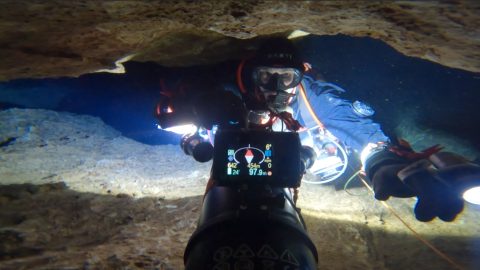
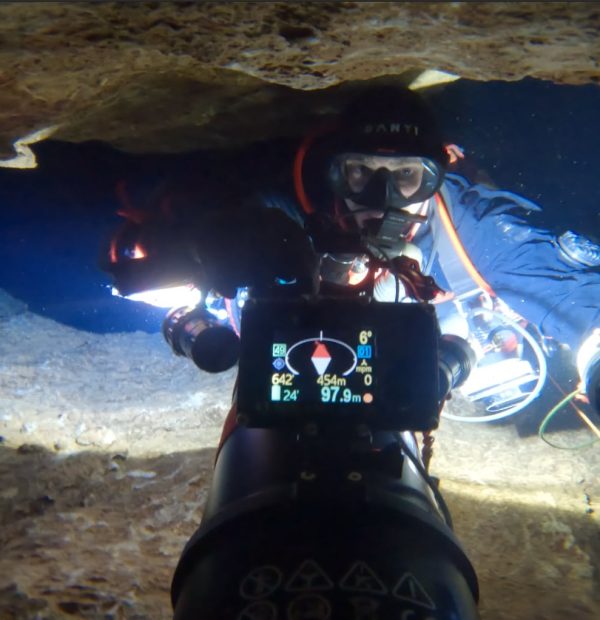


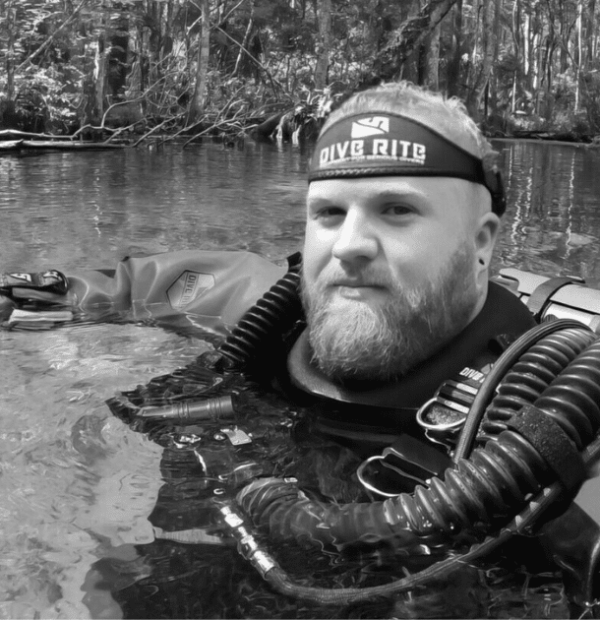
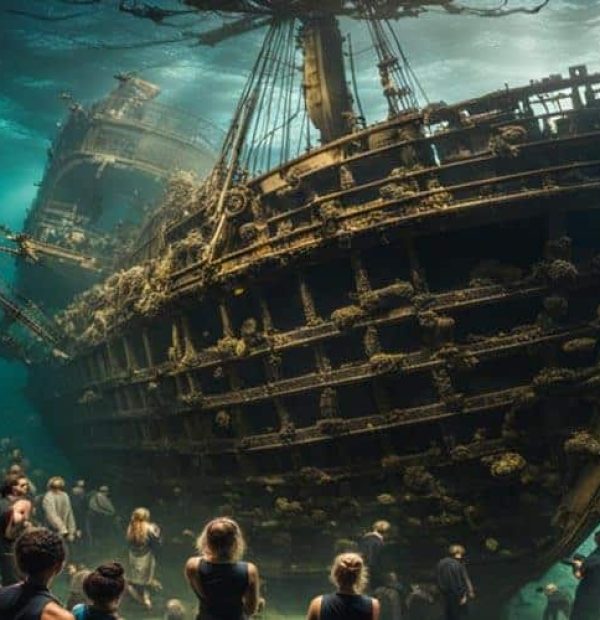
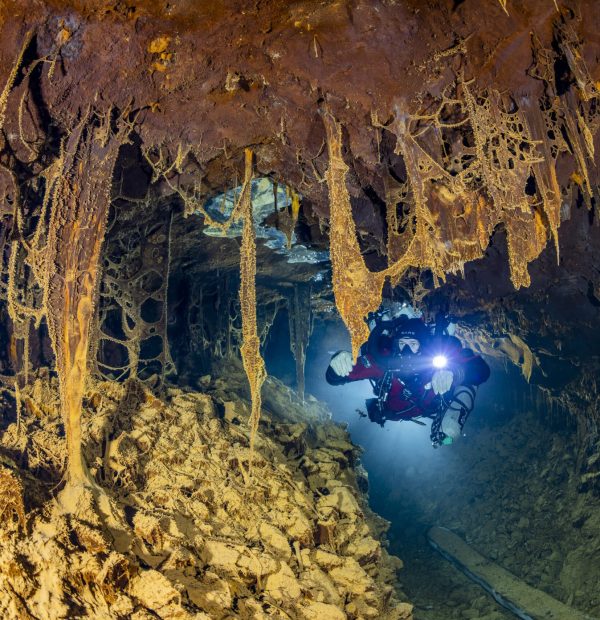
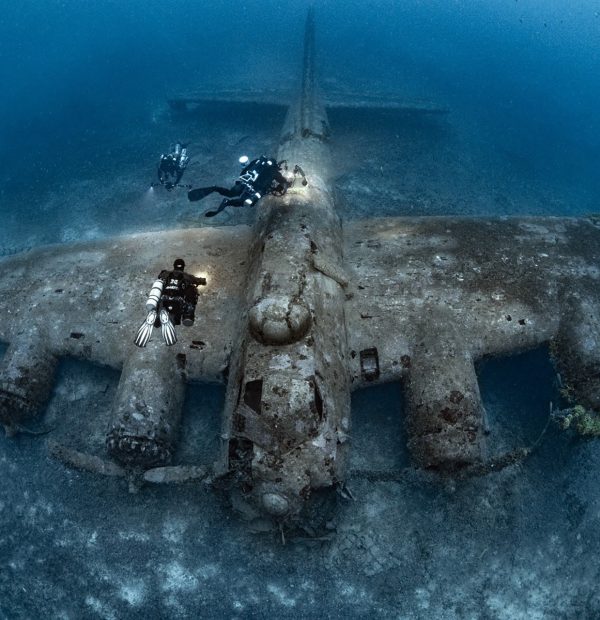

Welcome to DIVERS24.COM, your daily source of scuba news, freediving, scuba diving information, and equipment reviews. Our comprehensive coverage of the dive industry from A to Z provides you with all the latest scuba news, training updates, underwater photography tips, and everything else related to scuba diving. Whether you’re a beginner or an experienced diver looking for more knowledge about scuba gear or techniques – we’ve got it covered! With our in-depth articles written by experienced divers who have been there and done that, you are sure to find exactly what you need here at Divers24.com. Dive into scuba news today!
Underwater Media Sp. z o.o.
Szafarnia 11/F8,
80-755 Gdansk, Poland
Welcome to DIVERS24.COM, your daily source of scuba news, freediving, and scuba diving information. Sign in for a weekly news update and discount coupons for dive gear and apparel.
@2023 - underwatermedia.pl. All Right Reserved. Designed and Developed by Tworzenie stron internetowych Gdansk

The Divers24 portal is currently the largest online medium treating diving in Poland. Since 2010 we have been providing interesting and important information from Poland and around the world on all forms of diving and related activities.
Contact us: info@divers24.com